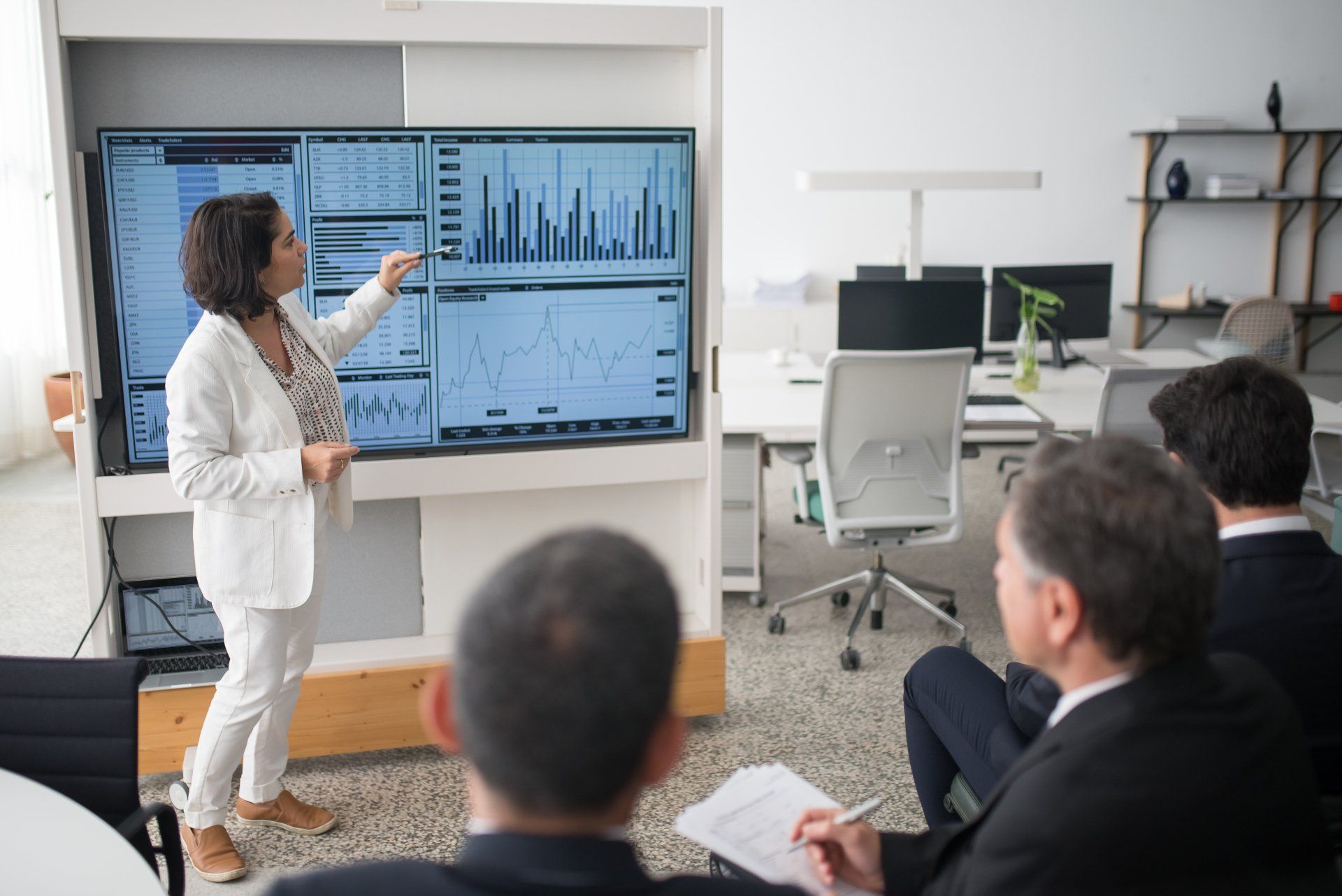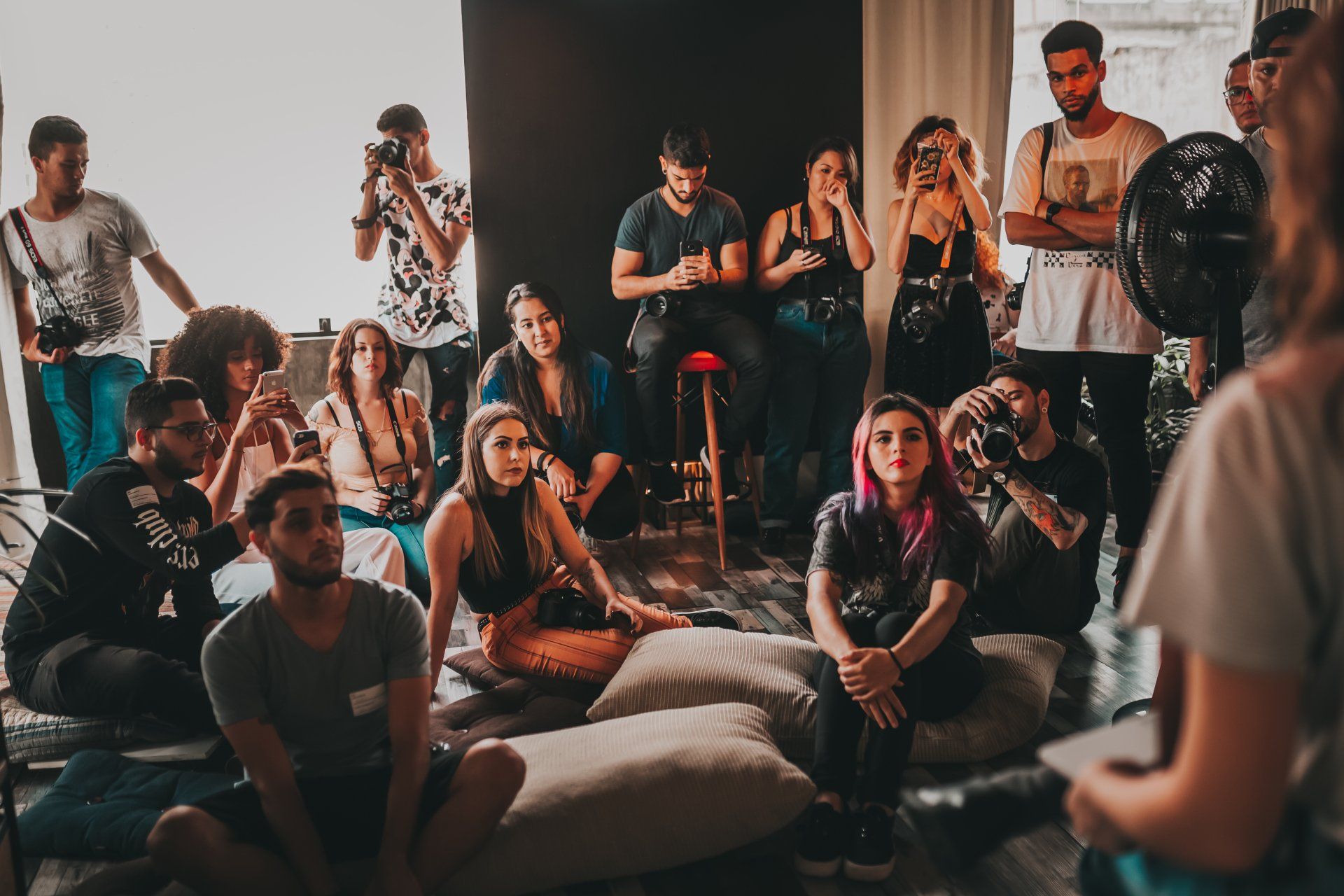THE BIG SECRET BEHIND AGILE TRANSFORMATIONS
Agile Was Never Designed To Solve Organizational Delivery Problems
Over the past two decades, Agile methodologies and buzzwords have taken the IT world by storm. The concepts and practices promise organizations the ability to deliver quality products and services at faster speeds, but the truth is, 'agile was never designed to solve delivery problems'. The methodology, in its many forms (LeSS, DaD, Scrum, SAFe, etc.), provides conceptual theory and practices which have expanded beyond traditional software development, gaining adoption in the automotive, cosmetics, medical, and even fast-food industries. Despite the latter, even the most tech-savvy organizations have voiced frustrations of mediocre results. An overwhelming amount of time and money are often spent on a plethora of unnecessary tools, resources, people talent, training, and even restructuring, with a devout belief that 'ceremonies and activities' will allow organizations to adopt continuous integration, continuous testing, and ultimately the continuous delivery of quality.
"How is it that many companies are succeeding at adopting agile with phenomenal growth metrics, yet fortune 500 companies and well-known tech giants, staffed with some of the top talent, supported by the most elaborate tools, are facing insurmountable challenges? - What were they missing?"
The
TRUTH is that Agile practices are designed to make work visible, which in turn, makes problems visible and simplifies decision-making through collaborative data-driven analysis and prioritized change.

A System is Neither Good Nor Bad
"Systems Produce Exactly What They are Designed to Produce" ~ Deming
The MySpace and Facebook era taught us that human beings are social creatures. We long for the acceptance of our peers. As witnessed by the millions of people who participated in ice bucket challenges and Tik Tok dances, we are drawn to trends and incentivized by peer acknowledgement. We come together in times of critical need to support one another and join forces with those of like minds to fight for what we value.
We steadfast in our goals, especially when we feel threatened, and for many, when the threat becomes overwhelming, we retreat to what we know.
Therefore, when designing new and improved systems, it is critical that we place careful attention to the attributes of the people who make up the organizational DNA. The historic achievements, learned biases, moral and ethical boundaries, and the overall level of change tolerance within the various levels of the organization's hierarchy.
Human-Centricity Has Become an Afterthought
You Cannot Design a Transformational Approach Without Consideration to Human Nature in the System
Recalling the 1980's hit film, "Weird Science", the model must account for human behaviors or in other words...
"you forgot to hook up the doll". As a result of leading change through traditional, antiquated project plans, many organizations have fallen victim to designing systems that discounted the core attributes of human behavior. Our very human nature became an afterthought to change and such "inputs" as our ability to process information, learning speeds, emotional intelligence, fears, anxiety, and overall psychological safety, which is heavily threatened by change resulted in dysfunctions and simply put, produced a missile, right in the middle of our organization's living rooms.

Agility Must First Be Introduced and Welcomed as a Mindset
Coaching and Consulting Certifications have quickly became a catalyst in supporting organizational change.
Transitioning an organization from a projectized model to one that is customer-centric and focused on delivering a constant array of optimal product features requires its leaders to posess a broad business accumen and intimate understanding of the organization's value streams. Agile Transformation Roadmaps must be customized to the unique needs of the organization and tailored to foster a culture of continuous learning, systemic to the localized goals and objectives of the teams existing to support them.
The Symptoms of a Failing Agile Transformation
Case Studies, documented by prestigious institutes and organizations, provide a trend that cannot be ignored. Despite the unique problems an organization may have, with no correlation of specific markets, the mirrored symptoms of a failing transformation are common and unwavering.
The following can be easily measured in any number of Agile Management Tools:
- Organizational Mindset and Conceptual Understanding of Modern Lean-Agile Methods
- How to Measure and Grow an Organization's Ability to Adapt and Change; Change Readiness
- Effective Planning & Collaboration habits and Poorly Institutionalized Agile Governance
- Organizational Structure and Value Alignment; Hand-Offs and Dependencies Across Teams
- Lean-Agile Roadmaps and Sustainable Release Planning Capabilities; Abilities to Make & Meet Goals
The Culture Byus Human-Centric Approach
Culture Byus brings modern studies in neuro-science, a study of organic human and organizational behaviors, together with advanced structural designs and technological models to assess and prepare the conditions for change to exist, before attempting to pile on ceremonies and practices which have proven to result in cognitive dissonance, overload, and change fatigue. We do this by first assessing the unique composition of the organization and its overall ability to learn new behaviors and customizes transformational roadmaps to tailor to the needs of the organization. This allows us to create the environment for change and enables the organization to sustain long-term growth and resiliency,
Our approach to change fosters psychological safety and works to leverage lean-agile concepts to challenge the comfort of status-quo, learned biases and behaviors, and essentially disrupts cultural norms to unlock the intrinsic motivation and natural tendencies for people to collaborate and become comfortable with change. We teach individuals and organizations how to set and leverage metrics to produce Outcome-Based Plans.
"We Go To War With the Army We Have"
~ President Woodrow Wilson
Humans have the ability to learn and evolve, but that ability is often left unchallenged and forgotten. The unfortunate truth is that the speed in which any single human being does so varies and is dependent upon their genetics, hardening of learned behaviors, and most of all, their natural habitat or environments; this ability to learn is referred to as 'neuroplasticity'.
GREAT NEWS! This is a controllable variable which is often left unexploited. The fact is, through long-standing scientifical proof, we do have the ability to exercise and grow our neuroplasticity. Culture Byus integrates this concept of human-learning to optimize an organization's workforce in a manner in which they become capable at doing this on their own; we foster true self-organization.
Our Goal is NOT to Lead YOUR Transformation, but instead to Enable the Organization to Lead Themselves.
How Are We Different?
We are NOT Your Typical-Traditional Consulting Firm
Our Consultants and Coaches are not just billable bodies in seats. They are carefully vetted to align with our values in human-centric organizational change, requiring them to have the emotional intelligence, self-practiced continuous learning, skill, and diplomacy to ensure that they are worthy of leading change.
Simply put, Culture Byus was established, with a shared vision, to design and create "A Better Way".
- Do No Harm. This is our Number #1 Rule in engaging and fossilizing trust. While we will work to improve people management practices as it relates to fostering psychological safety, we will not participate in exploiting the need to scrutinize or terminate employees. In contrast, our practices create an environment in which employees and teams become well-versed and capable of holding one each other accountable.
- Your Success is Our Success. If we have not brought measurable improvements to your organization within three (3) months, following your assessment, we will kindly escort ourselves out. We are not in the business of continuous extensions and while we value the long term relationships, we do NOT align to the traditional approaches of contracting. Our goal is to assist our clients in a manner in which they can assist themselves.
- Open and Honest Conversation. We are NOT in the business of selling fantastical, over-architected solutions, buzz words, and costly delivery plans. Our highly-skilled, experienced Consultants and Coaches share a common concern in having witnessed the exploitation of funding mechanisms to generate income and cash-flow through contract vehicles and have a shared desire to create "a better way" incorporating ethical and moral standards, along with an altruism in how we work together to evolve organizations and the humans within them, focusing on two core values of the agile manifesto:
- People Over Process.
- Conversation Over Contract Negotiation.
- Long-Term Relationships With Culture Byus. We value long-term relationships without the associated politics, bureaucracy, or costs. Once we have worked with an organization in assisting you to meet your goals, and far after our contractual engagement has ended, our door and network remains open to you for questions, concerns, or guidance. Proof that we genuinely care for your long-term success.
- We will walk WITH YOU on your journey, but we will not walk FOR YOU. We have been collectively engaged in over 100+ Transformations. We are authentic, value-driven, and diversified in our styles and approach, which empowers us to partner with a myriad of personalities and cultures. Our collective Lessons Learned is a great asset to YOU! Most of all, we make transformation fun.
- We host team-building events and customize training based on our observations
- We help you to simplify concepts of continuous exploration, integration, and deployment practices
- We use "Play" as the only scientifically-proven method (outside of meditation) to grow mindsets
- We evaluate incentivization (deliberate and accidental forms) to help craft your change approach
- We assist you in evaluating your end user value, organizational structure, and alignment
- We assist to establish and sustain 'the right metrics for you' to make decision-making fast and easy
- We will empower you with the tools and skills needed to embrace a Measurable Culture of Continuous Learning, sure to live on, far after we have parted ways.
Let Us Help You in Designing "A Better Way" For You and Your Organization
Our Services
- Organizational Agile Readiness Assessments
- Agile/SAFe Certification Courses
- Individual Coaching & Support
- Leadership Workshops
- Team Building Activities & Events
- PI Event Facilitation & Support
- Outcome-Based Roadmaps





